 |
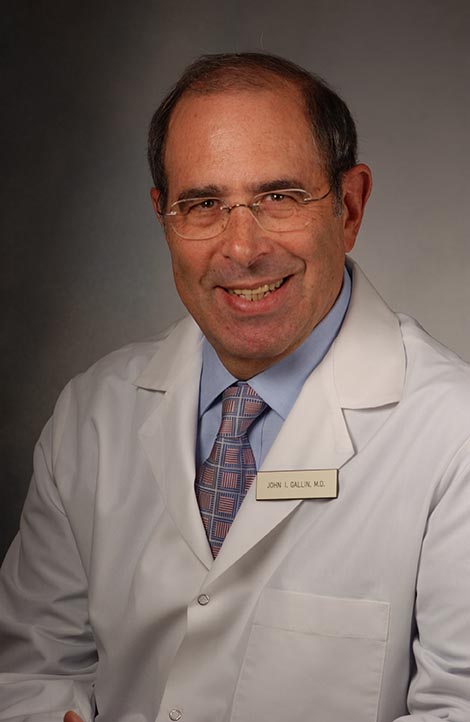 |
| Interview with John I. Gallin, M.D. |
| Former NIH Clinical Center Director Reflects on His Career at NIH |
| John Gallin, who is retiring in March 2023 after 52 years at NIH, has been an Editor for The NIH Catalyst since it began in 1993. Here he talks with the Catalyst about his involvement with the publication and about his own career. |
|
|
|
 |
|
 |
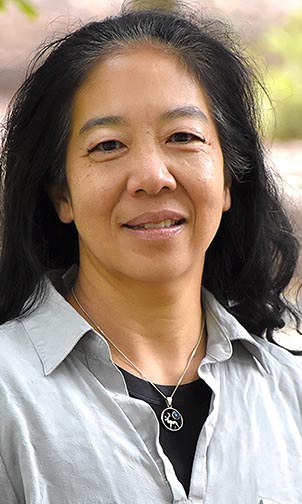 |
| NINR's New Scientific Director: Sabrina Wong, R.N., Ph.D. |
| Primary Care Leader to Improve Accessibility and Inclusivity |
| The National Institute of Nursing Research (NINR) welcomed Sabrina Wong as its new Scientific Director (SD) in September 2022. A scholar and international leader in primary-care research, she brings her passion for reducing inequities in health and health care and a long-standing interest in the organization and delivery of primary health care services. |
|
|
|
 |
|
 |
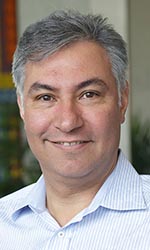 |
| Meet 18 New Stadtman Investigators |
| Taking on Today's Scientific Challenges |
| Inventing new ways to thwart viruses and treat diseases; developing early-detection methods for cancer; investigating the connection between neural circuitry and obesity; finding ways to reduce health disparities. These are just some of the challenges that the Earl Stadtman Tenure-Track Investigators have taken on. Meet 18 of them here. |
|
|
|
 |
|
 |
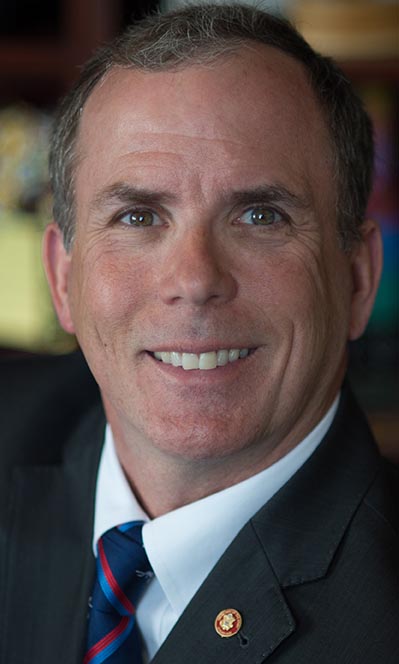 |
| Inclusion of People with Disabilities in Technology Research and Development |
| A WALS Talk by Rory Cooper, Ph.D. |
| Rory Cooper knows wheelchairs. He's been using them since he was 20, after a bicycle accident in 1980 while serving in the U.S. Army in Germany left him with a spinal injury limiting the mobility of his legs. He knows that making better wheelchairs for those who depend on them can unlock human potential otherwise constrained for lack of accessibility and inclusion. |
|
|
|
 |
|
 |
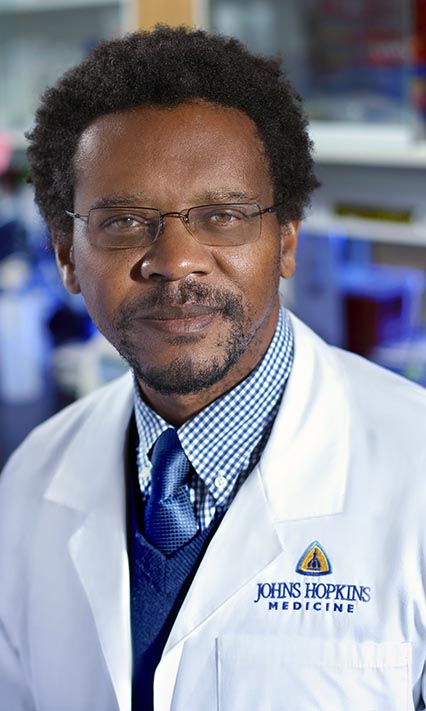 |
| Our Shared Ancestry in African Genomes Can Be Harnessed to Improve Health For All |
| Ambroise Wonkam's WALS Lecture |
| "Less than 2% of human genomes analyzed so far have been those of African people, despite the fact that Africa, where humans originated, contains more genetic diversity than any other continent," medical geneticist Ambroise Wonkam wrote in a Nature commentary. He explained further at a Wednesday Afternoon Lecture last September that "to make genetic medicine truly equitable, we need to have representation of a wide genome [by starting] with our common ancestral genomes—genomes of the population of African ancestry." |
|
|
|
 |
|